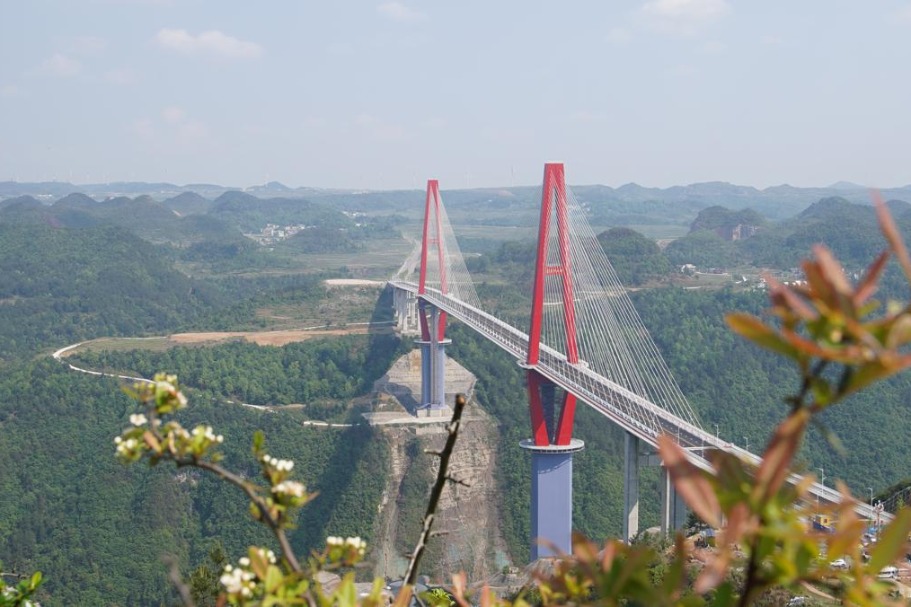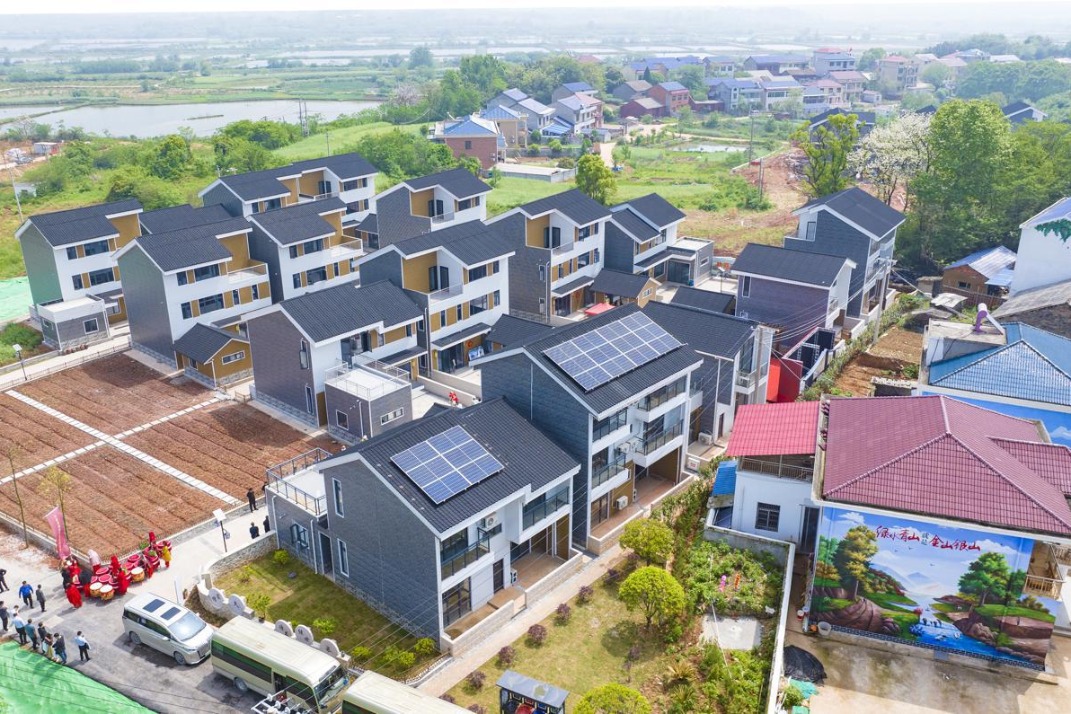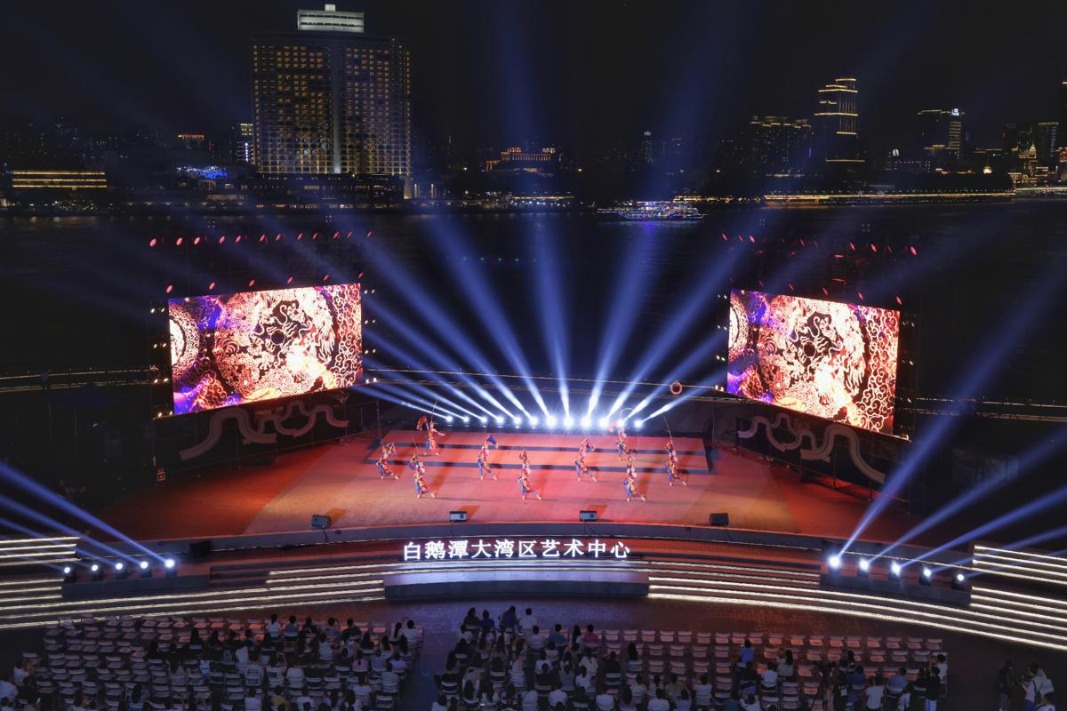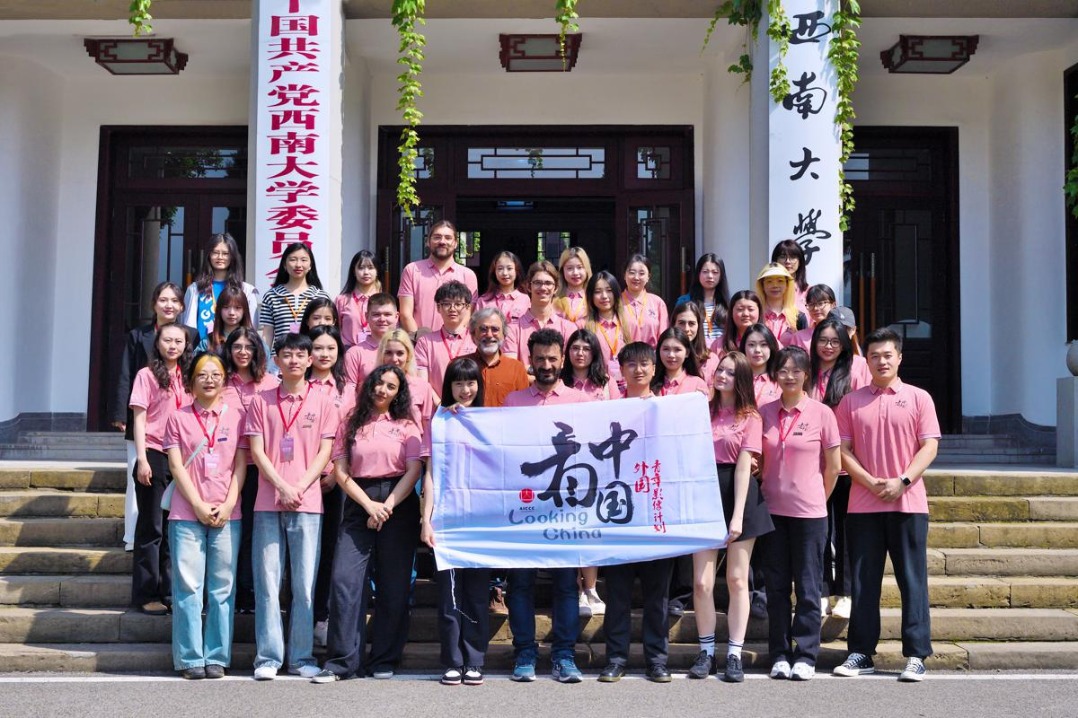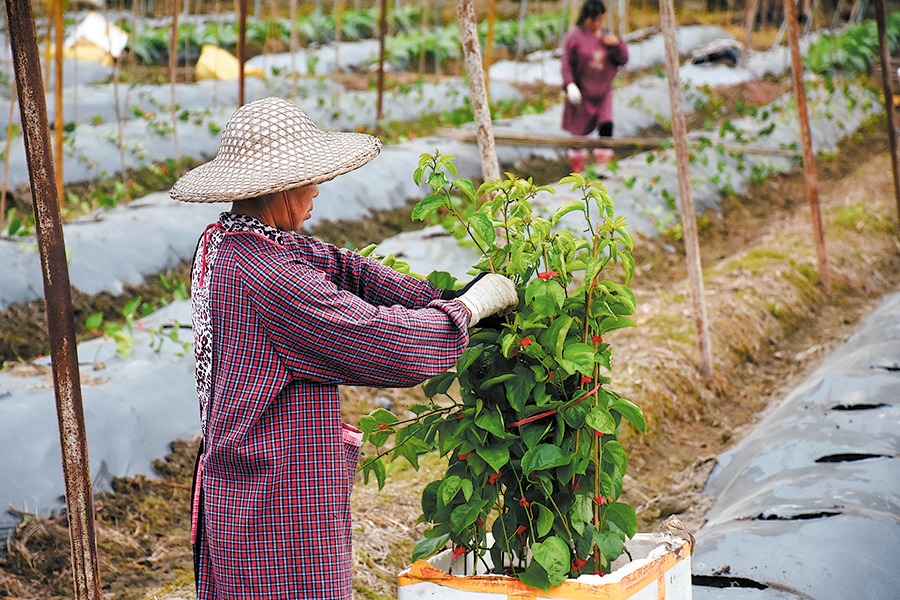Beijing embraces global tech talent with new regulations

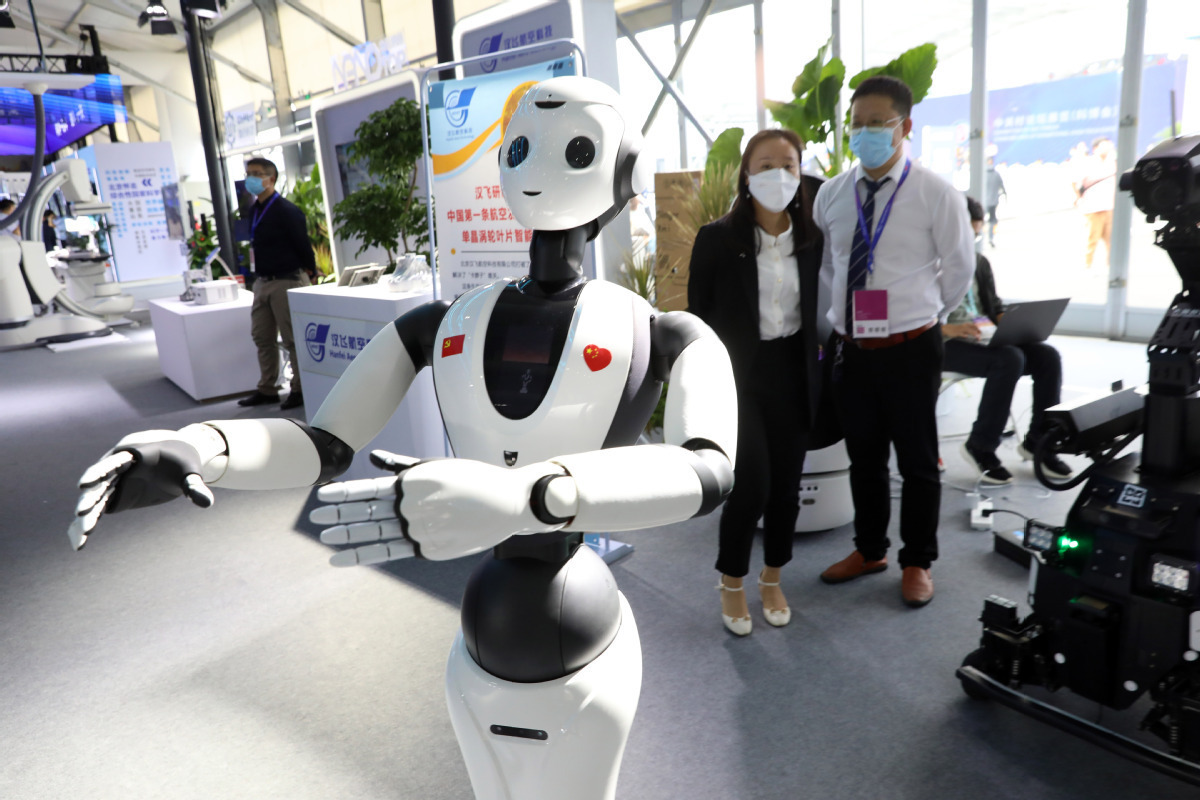
Beijing welcomes foreign tech companies, institutions and talent to join major scientific research projects with more incentive measures and targeted services offered, according to a regulation passed at the closing ceremony of the second session of the 16th Beijing Municipal People's Congress on Thursday.
The regulation aims to develop the city into an international science and technology innovation center. It is the first of its kind in China and will take effect on March 1. It supports international tech organizations and companies in establishing branches or research centers in Beijing. Domestic sci-tech organizations will be encouraged to admit foreign talent.
Foreign talent will have opportunities to lead major scientific projects or be chief scientists. Optimized policies will be provided for visas, work permits and residence permits for overseas tech talent. More international schools, hospitals and apartments will be built to meet their language, education and medicine needs, according to the regulation.
Beijing will work to construct a science literature and data sharing platform and make it more convenient for sci-tech materials to clear customs. Organizations and individuals will be supported in conducting international tech exchanges, participating in Big Science projects and building overseas research institutes, co-laboratories, tech parks or incubation platforms, according to the regulation.
Fu Shouqing, deputy Party secretary and chief engineer of Zhongguancun National Laboratory, and a deputy to the second session of the 16th Beijing Municipal People's Congress, said that by enrolling related measures and policies into local regulations, Beijing sent a signal that it has determined to promote technological innovation, setting an excellent example for other cities that want to do the same.
The laboratory is a national-level research institution approved by the central government, focusing on network information and conducting strategic, forward-looking and fundamental research on major scientific issues. The national laboratories in Changping, Zhongguancun, and Huairou have become a driving force in the center's construction.
Fu added that inspired by newly passed regulations, more foreign scientists will be welcome to participate in their projects. "They can come as visiting scholars, engage in various forms of academic exchange and become part of the team," he said.
"The core of technological innovation is talent. We should encourage more talent to go global and invite foreign talent to China," he said. "The idea of opening-up should be implemented in all aspects related to building a good innovative atmosphere and ecosystem, for example, providing more measures for foreigners to come to China conveniently, offering a better legal and business environment for foreign enterprises, and organizing more international academic exchange activities."
Zhang Xu, president of the Chinese Academy of Science and Technology for Development, also a deputy, said that tech centers around the world such as in London, Tokyo, Singapore and Silicon Valley have a high degree of internationalization. The proportion of foreign science and technology talent is high, research and development achievements quickly spread and are applied, global scientific research resources flow smoothly, and it's convenient for foreign scientists to come.
However, the number of headquarters of international tech organizations in China is only one-tenth of that in the United States, which is not commensurate with the country's current technological status. Overseas tech talent mobility in the West is unimpeded, but there are still challenges in living convenience and international environment for scientific research here, according to Zhang.
The headquarters cluster for international scientific and technological organizations in Chaoyang district should align practices related to the entry of personnel from international organizations, the departure of Chinese scholars, and cross-border data flow with international norms.
"It's important to better accommodate the living and working needs of foreigners, attracting and retaining them," he said. "The support of non-governmental exchanges also helps scientists from around the world to work together to solve common issues of human beings, such as artificial intelligence governance, public health and climate change."
Data from the Beijing Municipal Science and Technology Commission and the Administrative Commission of Zhongguancun Science Park showed that the number of foreign research centers in Beijing has reached 107, covering fields such as medicine, health, information technology and intelligent manufacturing.
In 2023, many events were held around themes such as chip applications and system integration, intelligent disaster reduction, 5G vehicle networking and computing, and generative AI.
Yi Tong, director of the Innovation and Development Strategy Research Institute of the Beijing Academy of Science and Technology, another deputy, said the new policies elevate several effective measures and experiences in the city to legal status, sending a clear signal that Beijing welcomes innovative entities and talent from around the world to participate in the construction of the sci-tech innovation center.
She added that there are many groundbreaking provisions, such as supporting the establishment of international scientific journals, a points-based evaluation system for permanent residency in China, and overseas high-level talent can be recognized for professional titles by submitting relevant supporting documents without defense or review.
"I believe that the regulation contributes to the construction of a world-leading science and technology country and the realization of high-level scientific and technological self-reliance in the country," she added.
Guo Tianguang, vice-president of Watchdata, a company focusing on digital authentication and transaction security in Beijing, also a deputy, said he looks forward to more international tech institutions in Beijing, eyeing cooperation and exchanges.
"Most leading companies in the field are in Europe. If they build branches and apply their scientific results in China, we can learn the latest and most cutting-edge trends in technological development. Working together, we can advance the industry," he said. The company's intelligent transport cards are used by residents in Paris.
Liang Xueqing, a board director of Beijing Borrui Data Technology, a deputy, said her company has a high demand for international tech talent and has hired professionals from the United States, the United Kingdom and Singapore.
"The regulation is like a timely rain for us, solving the problems of establishing overseas institutions and recruiting international talent. The many supportive policies strongly support our development," Liang said.
- Shanghai's Jing'an district launches coffee festival
- China's coast guard continues to patrol waters off Kinmen to ensure safety
- Former vice-minister of justice under investigation
- Express delivery business volume hits 50b
- Fashion & tradition: Taiwan youth part of hanfu revival
- Senior official says efforts still needed to improve immunization program

















